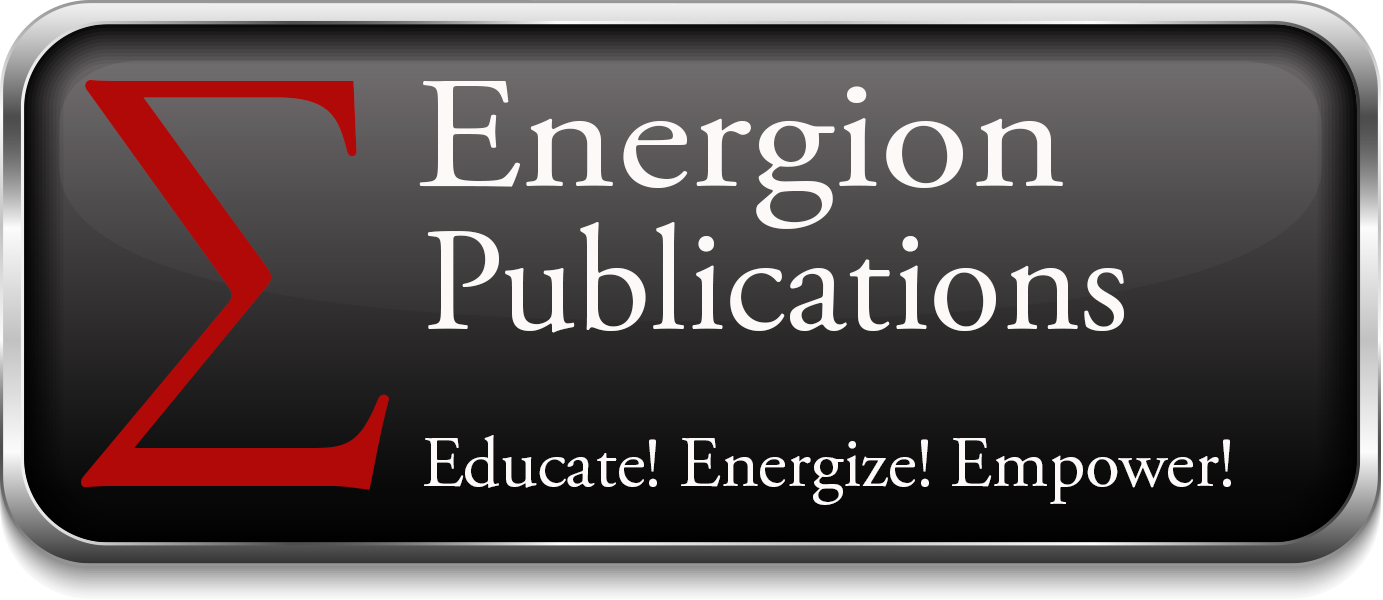Distributed by Energion
There's a new special category of books here at Energion Publications–books we distribute.
Opening this new category are two books by author Edward W. H. Vick, published by Evening Publications. In the near future we will be announcing a new title by Dr. Vick to be released this fall.
In the meantime, here are the two current books by this outstanding author.
History and Christian Faith deals with the Christian claim that God works in history and how historical claims and methods relate to faith. In this short (75 pages) booklet, Dr. Vick addresses the basic issues involved in this claim. Here's a sample:
Knowledge is not identical with faith. For example, belief that certain events happened, which is what at least in part constitutes historical knowledge, is not identical with Christian faith. I can believe whatever they can establish historically about Jesus and never believe in him. So faith is not the privilege of the wise and the intelligent….To say, Jesus died, and to say, God acted to reveal himself in Jesus' death, 'God was in Christ,' is to say two quite different things….Christian faith is tied to history. To establish the event historically is not the same as to say God acted in and through the event. That Jesus lived and died can be established historically. The other claim cannot. But notice something very important There can only be content in the claim that God acted in the life and death of Jesus if Jesus' life and death were historical. This historical knowledge serves as the basis for the further claim that God was active in that life and that death (26-27).
The Adventists' Dilemma deals with the claim that Jesus is coming soon. Dr. Vick argues that we cannot use that claim in the way that we have and still be truthful and also make a meaningful statement. After examining the way the term has been used by modern Adventists, he points us back to the New Testament. The early Christians already encountered this problem and dealt with it, and we would do well to look to their answer.
Considering recent discussions of hell and judgment, I would comment Dr. Vick's discussion of judgment. One of the things that is frequently missing from eschatology is a discussion of eschatology is hope.
In answer to the questions, 'How will what is ultimately worth preserving get preserved ultimately?' we can and shall, if we understand aright, admit our human dependence on God. So, the 'thrust' of the Christian theme of Last Judgment is to drive us to acknowledge our limitations and to shift our perspective and our prospect from ourselves to God. If God, the Judge, is God the Loving Father, then we have hope. As it was in the beginning, so shall it be at the end: beginning and end of all things — God (146).
Review copies of both these books are available to bloggers and to media outlets.





